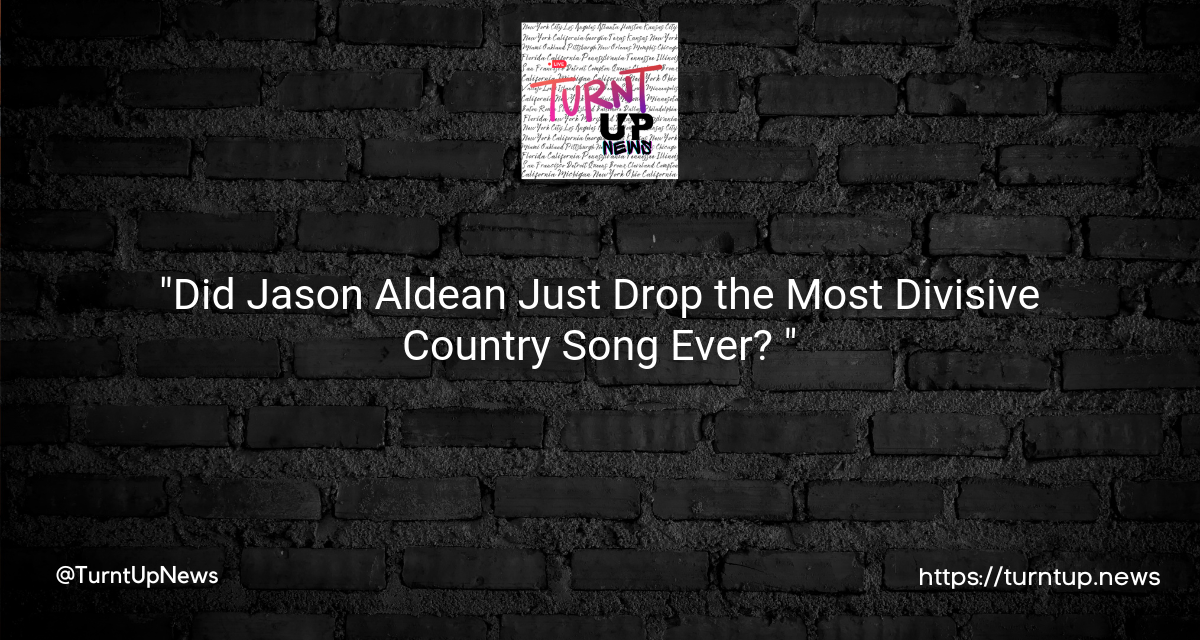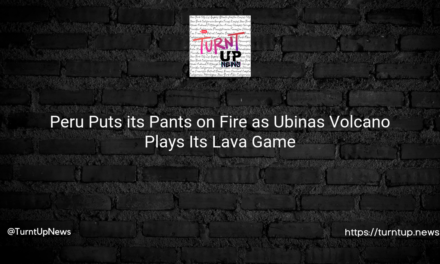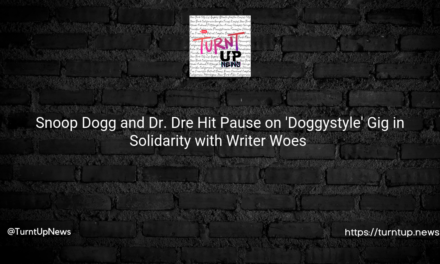“Did Jason Aldean Just Drop the Most Divisive Country Song Ever? 🤠🔥”
TL;DR; Jason Aldean’s new song “Try That in a Small Town” causes a storm, getting pulled from CMT over alleged controversial themes. The singer stands his ground. But is he really touching upon community values, or is there something more sinister lurking beneath? 🧐
Jason Aldean’s recent track has everyone talking. Why? Because controversy loves company. With lyrics that have folks wondering if they’re pro-lynching, accusations that the song seems to make light of nationwide BLM protests, and a video with some loaded historical backdrops, it’s got the Internet in a frenzy. But what’s the truth? 🤷
The song kicks off with scenarios of violent acts in cities, swiftly transitioning to a chorus warning those considering such actions in small towns. Essentially, it’s a “don’t mess with small towns” vibe. But Aldean’s message is, supposedly, deeper than that. Is he really singing about cherishing community values, or is there an undercurrent of aggression?
There’s this verse: “Got a gun that my grandad gave me / They say one day they’re gonna round up.” Who exactly is rounding up? And what’s with the eerie imagery of protests, including BLM ones? 🤨
The video features Aldean standing proudly in front of the Maury County Courthouse in Columbia, Tennessee. A place where racially charged riots and near-lynchings of notable black figures, including Thurgood Marshall, took place. Coincidence? Artistic choice? Or something to stir the pot?
Social media and some critics haven’t held back, with descriptors like “contemptible” and “racist.” On the flip side, Aldean explains, “‘Try That In A Small Town,’ for me, refers to the feeling of a community that I had growing up, where we took care of our neighbors, regardless of differences of background or belief.” So, a song about unity? Or is it division? 🕵️
Dive deeper into Aldean’s past, and there’s a track record of, let’s say, “colorful” choices and statements. From being dropped by his long-term PR firm to rubbing shoulders (and getting pecks) from former President Donald Trump, the waters of controversy aren’t unfamiliar territory.
So here’s the thing: Is Aldean’s song a genuine attempt at portraying his love for small-town values, or is it a careful, strategic move to keep everyone talking, keeping him relevant? Or maybe, just maybe, it’s a reflection of the increasingly polarized world we live in today?
Disclaimer: This article does not provide recommendations or endorse any claims. All interpretations are based on reported information and are meant for entertainment purposes only.
So, folks, what’s the verdict? Is this Aldean being true to his roots or a play for publicity? And where do we draw the line between art and controversy? Discuss! 🎸🔊





